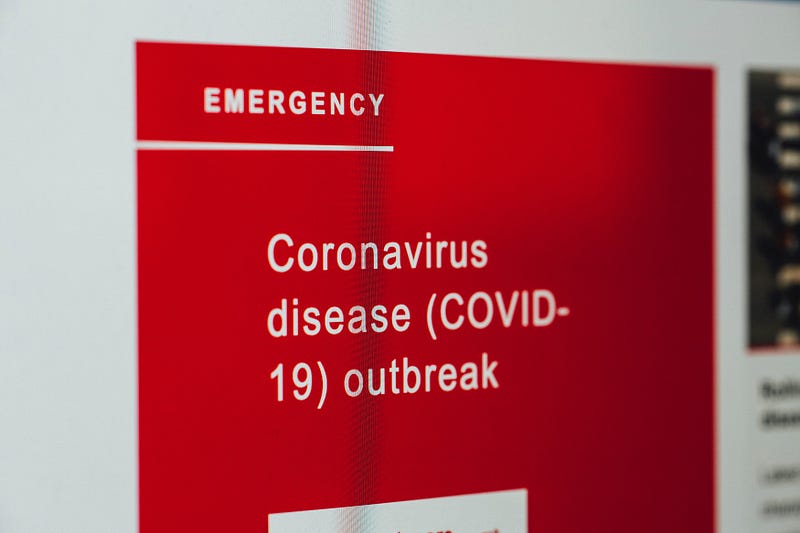The Impact of FDA Approval on Vaccination Rates: A Reality Check
Written on
Understanding Vaccine Skepticism
Do we genuinely believe that the approval of the vaccine by the FDA will lead to a surge in vaccination rates? Let's be honest; it's unlikely.
Even if I wanted to express disbelief humorously, the situation is far from amusing. The unofficial status of Covid-19 vaccines has never truly hindered those who were eager to get vaccinated. Instead, it has merely served as a convenient excuse for some individuals.
As that rationale has now vanished, rest assured that new justifications will emerge.
This issue transcends the formal acknowledgment of the vaccines; it reflects a demographic that has long been conditioned to view the government as a source of problems. For many, believing that the government can genuinely provide help, especially in critical health matters, is a profound challenge.
A targeted misinformation campaign has fed this skepticism for years, benefiting certain political agendas and, regrettably, even some adversaries of our nation.
This group predominantly comprises conservative, white, middle-class individuals. The Republican Party has adeptly transformed this demographic into fervently conservative voters over the last forty years. This has been the party's most effective strategy during that time. Without this voter base, the GOP would struggle to survive.
Thus, it's safe to say that we shouldn't expect a significant rise in vaccination numbers toward achieving herd immunity anytime soon.
The only real catalyst for increasing vaccination rates will be mandates and requirements from businesses, educational institutions, and government agencies throughout the country.
You know, the very measures we should have implemented from the outset. It's actions that private enterprises are finally taking upon themselves because the government has not shown the resolve to fulfill its responsibility to protect public health.
Had politicians prioritized the welfare of the populace over catering to their constituents' biases, we might have already moved past the Covid crisis.
However, politicians often prioritize their re-election, which has stalled meaningful action.
Until we stop re-electing leaders who place personal power above public welfare, the bonds that hold our nation together will continue to fray, ultimately threatening our democratic foundations.
Chapter 1: The Role of Government in Public Health
The Government's Responsibility
